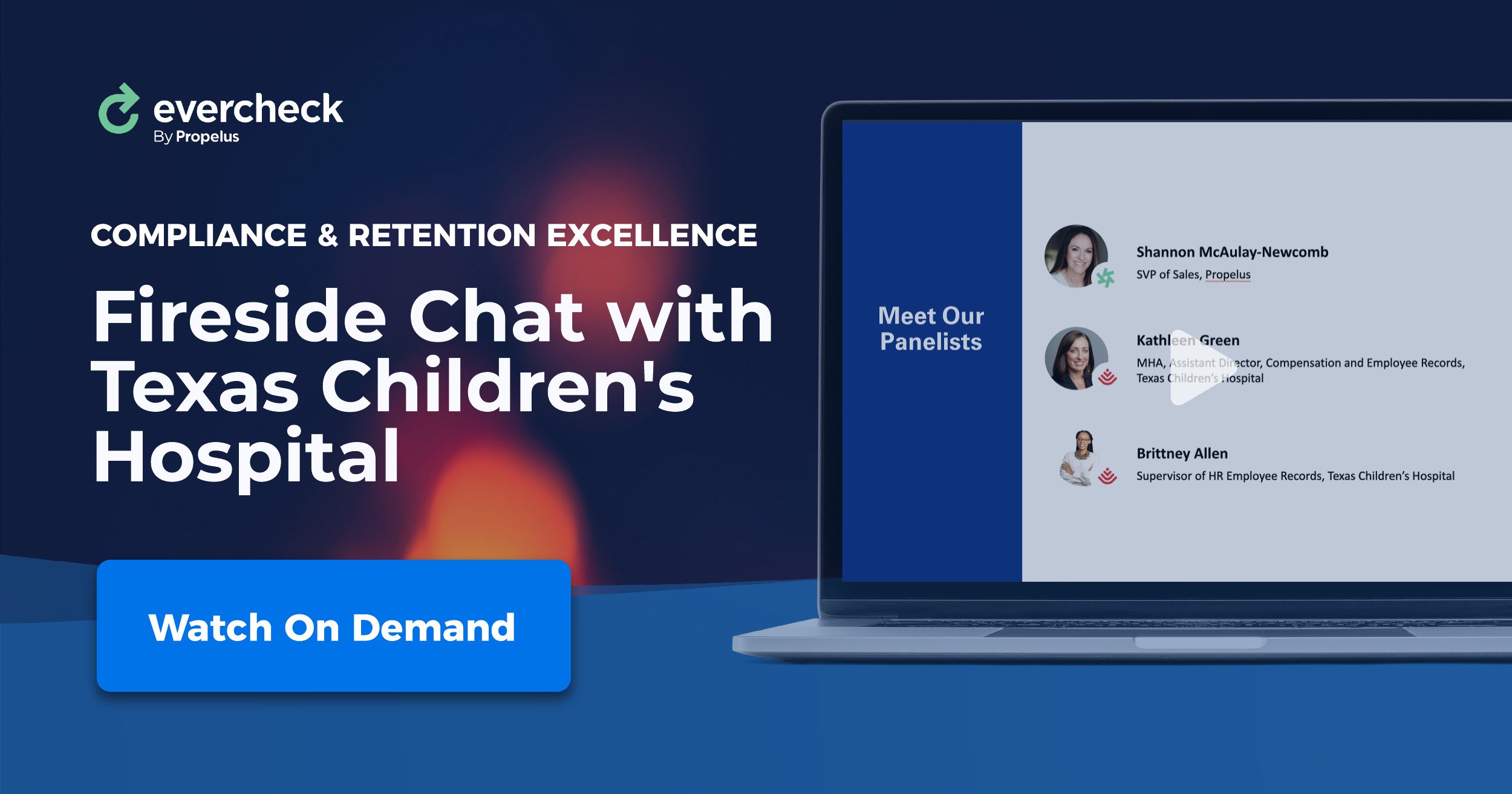In healthcare, organizations are responsible for making sure all employees act professionally and ethically. For HR generalists, navigating this responsibility means understanding the profound implications of hiring healthcare workers who have previously faced sanctions.
Understanding Healthcare Sanctions
In the medical field, sanctions are punitive measures taken against practitioners due to violations of regulations, statutes, or criminal acts. These infractions can span a spectrum from cases of patient neglect to fraudulent billing practices. It's pivotal for HR professionals to discern between terms like "sanction" and "exclusion." While they might seem synonymous, they encapsulate different nuances and implications in healthcare.
The Ripple Effect of Hiring Sanctioned Workers
The decision to hire a sanctioned healthcare worker doesn't just impact the individual in question; it reverberates throughout the organization. The consequences of this decision include the following:
- Risk to Patient Safety: Given their history, Sanctioned workers might have episodes of negligence or malpractice under their belt. This history poses a palpable threat to patient care, potentially compromising the health and safety of individuals under their supervision.
- Financial Penalties: The financial repercussions are stark. Organizations face substantial fines for onboarding sanctioned individuals, especially if they participate in federally-funded healthcare programs.
- Reputational Damage: An organization's reputation is arguably its most treasured asset. Employing sanctioned workers can blemish this reputation, eroding the trust and confidence patients and partners place in the institution.
Key Metrics
To circumvent the pitfalls of hiring sanctioned workers, HR professionals must arm themselves with:
- Sanction Background Checks: A rigorous regimen of screening potential hires against federal and state exclusion lists is non-negotiable.
- Incident Reports: A vigilant eye on compliance-related incidents within the organization can preempt potential issues.
- All staff must receive thorough training on following rules and being ethical, regardless of their job.
Tools and Strategies for Effective Screening
The technological renaissance has ushered in tools that have made background checks more efficient and foolproof. Key among these are:
- Sanction Screening Software: Cutting-edge automated systems juxtaposing potential hires against sanction lists, ensuring no discrepancies go unnoticed.
- Complete databases provide access to federal and state databases, ensuring that no sanctioned person goes undetected.
Networking and Knowledge Sharing for HR Generalists
Knowledge is power, and staying updated is the key. HR professionals must immerse themselves in forums, workshops, and seminars on healthcare compliance. Gleaning insights from real-world examples and case studies can provide invaluable perspectives on best practices and potential pitfalls.
Conclusion
With its intricate web of responsibilities, the healthcare sector demands an unwavering commitment to excellence. For HR generalists, this ensures that every hiring decision resonates with the organization's ethos. HR departments can protect their organizations from possible problems by understanding the serious effects of hiring workers with sanctions. They can also protect their organizations by using advanced screening tools.



